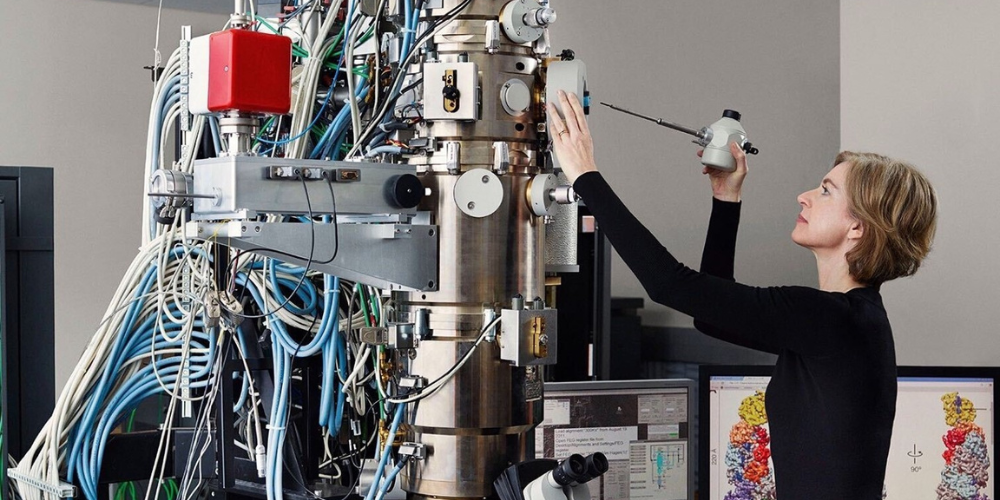Rhodium, an uncommon and valuable metal, often operates quietly in the background, overshadowed by its more renowned counterparts such as gold and platinum.. However, this unassuming metal plays a crucial role in various industries, from jewelry making to automotive manufacturing and even electronics. In this article, we will explore the many fascinating uses of rhodium and the reasons behind its increasing importance in today's world.
A Rare and Noble Metal
Rhodium belongs to the platinum group of metals, which includes platinum, palladium, ruthenium, iridium, and osmium. Rhodium is the rarest and most expensive among this elite group. The annual global rhodium production is estimated to be around 30 tons, making it even scarcer than gold.
One key property that makes rhodium so valuable is its remarkable resistance to corrosion and tarnishing. This property and its high melting point lend themselves to various industrial applications.

Konstantin Shpankov/ Pexels | Since rhodium is quite brilliant and resistant to tarnishing, it is used as a finish for jewelry, searchlights, and mirrors
Jewelry and Ornaments
One of the most well-known uses of rhodium is in the world of jewelry. Rhodium is often used as a plating material for white gold and silver jewelry to give it a brilliant and reflective surface. Rhodium plating enhances the appearance of jewelry and provides a protective layer that prevents tarnishing, ensuring that your precious pieces remain pristine over time.
Catalytic Converters
The automotive sector heavily depends on rhodium for catalytic converters, crucial devices within contemporary vehicles. These converters play a pivotal role in mitigating harmful emissions by transforming toxic gases—such as carbon monoxide and nitrogen oxides—into less hazardous compounds. Rhodium, palladium, and platinum act as catalysts in these converters, driving these crucial chemical reactions.
With governments globally enforcing stricter emission standards, the anticipated surge in rhodium demand within the automotive industry signifies its critical function in fostering cleaner and more environmentally sustainable transportation.
Electrical Contacts
Rhodium's exceptional conductivity and resistance to corrosion make it an ideal material for electrical contacts. It is commonly used in components of connectors, switches, and other electronics and telecommunications equipment. The reliability and durability of rhodium electrical contacts ensure that electronic devices function effectively even under harsh conditions.

The Glorious Studio/ Pexels | Rhodium has no known biological use and no known use for life processes
Mirrors and Optical Instruments
The reflective properties of rhodium are used to manufacture high-quality mirrors and optical instruments. Rhodium-coated mirrors are used in various applications, from scientific instruments to telescopes and laser systems. The metal's ability to reflect light with minimal distortion makes it invaluable in optics.
Laboratory Equipment
Rhodium is also employed in producing laboratory equipment, particularly in creating crucibles and dishes used for high-temperature applications. Its resistance to extreme temperatures and chemical reactions makes it essential for researchers and scientists in various fields, including chemistry and materials science.
Plating for Aircraft Engines
In the aerospace industry, where reliability and performance are paramount, rhodium is utilized for its exceptional resistance to high temperatures and corrosion. It is often used as a protective plating for components in aircraft engines, ensuring their longevity and performance in extreme conditions.

Jimmy Chan/ Pexels | The main use for rhodium is in catalytic converters designed to clean vehicle emissions
Anti-Tarnish Coatings
Beyond jewelry, rhodium's anti-corrosion properties are utilized in various applications where preventing tarnish or corrosion is critical. It is often used to coat electrical connectors, medical instruments, and fine writing instruments like fountain pens. These coatings preserve the aesthetics of these items and extend their lifespan and functionality.
The Future of Rhodium
The importance of rhodium is expected to grow as industries continue to prioritize sustainability and environmental regulations become increasingly stringent. For instance, the shift toward electric vehicles will likely increase the demand for rhodium-plated catalytic converters in the automotive sector, as these vehicles still require emissions control systems.
Furthermore, the demand for reliable and corrosion-resistant materials like rhodium will remain steady as the electronics industry advances. Developing cutting-edge technologies often relies on the availability of materials that can withstand harsh environments and ensure long-term performance.








